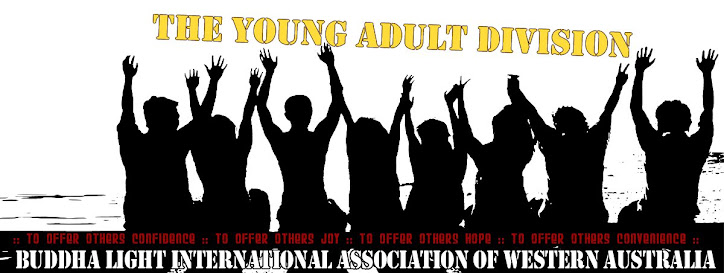...On a field trip with the students, I listened to a professional trainer describe how he had taught African crested cranes to stop landing on his head and shoulders. He did this by training the leggy birds to land on mats on the ground. This, he explained, is what is called an "incompatible behavior," a simple but brilliant concept.
Rather than teach the cranes to stop landing on him, the trainer taught the birds something else, a behavior that would make the undesirable behavior impossible. The birds couldn't alight on the mats and his head simultaneously.
At home, I came up with incompatible behaviors for Scott to keep him from crowding me while I cooked. To lure him away from the stove, I piled up parsley for him to chop or cheese for him to grate at the other end of the kitchen island. Or I'd set out a bowl of chips and salsa across the room. Soon I'd done it: no more Scott hovering around me while I cooked.
I followed the students to SeaWorld San Diego, where a dolphin trainer introduced me to least reinforcing syndrome (L. R. S.). When a dolphin does something wrong, the trainer doesn't respond in any way. He stands still for a few beats, careful not to look at the dolphin, and then returns to work. The idea is that any response, positive or negative, fuels a behavior. If a behavior provokes no response, it typically dies away.
In the margins of my notes I wrote, "Try on Scott!"
It was only a matter of time before he was again tearing around the house searching for his keys, at which point I said nothing and kept at what I was doing. It took a lot of discipline to maintain my calm, but results were immediate and stunning. His temper fell far shy of its usual pitch and then waned like a fast-moving storm. I felt as if I should throw him a mackerel...
An interesting... and very Buddhist concept... to read the rest of the article, click here.
.png)
+copy.png)
No comments:
Post a Comment